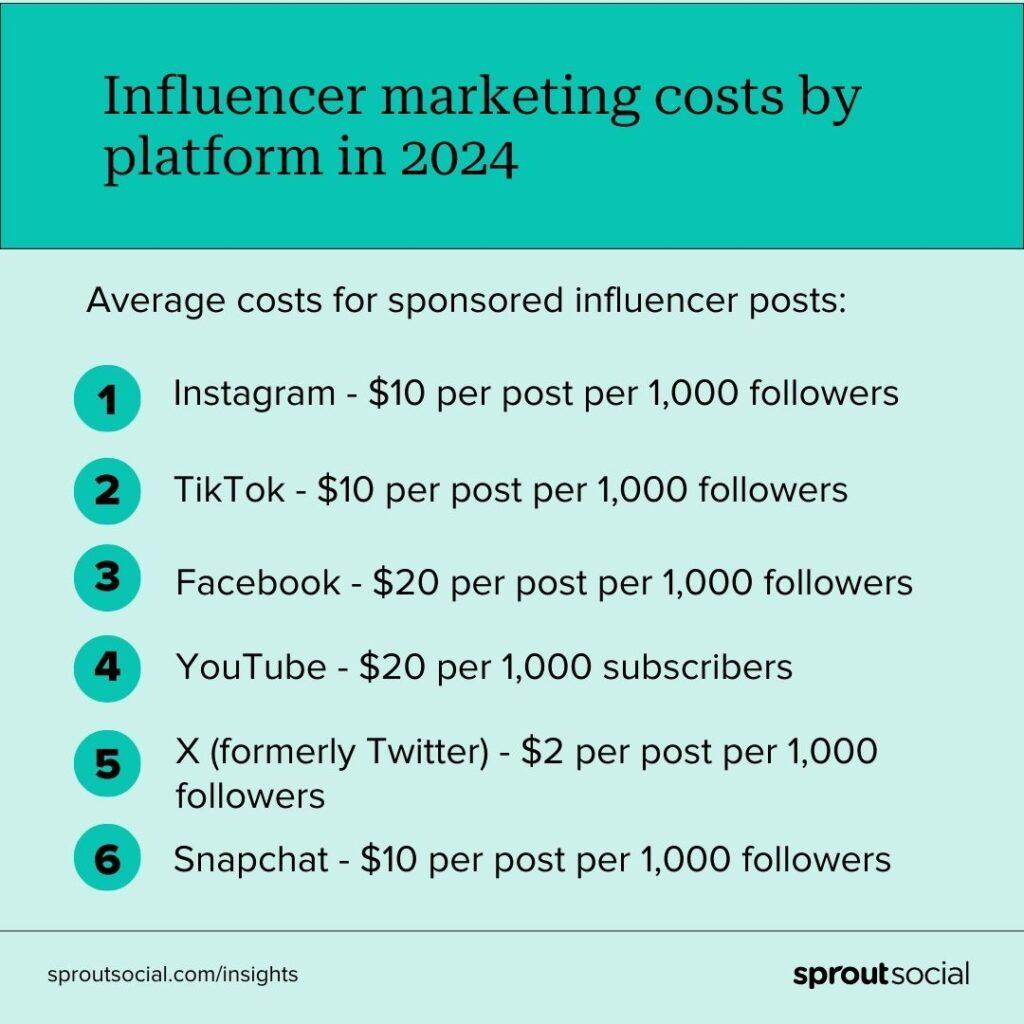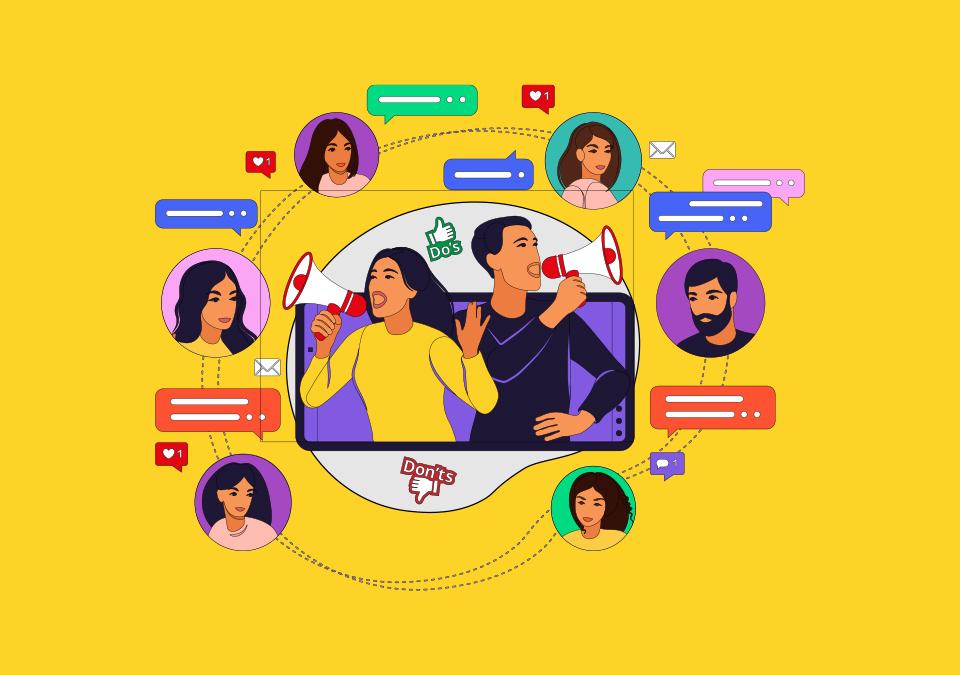
In the vibrant realm of digital content creation, YouTube influencers have risen to prominence, wielding the power to shape trends, drive engagement, and create significant commercial opportunities. However, as the lines between creativity and commerce blur, a complex legal landscape emerges. Navigating the intricacies of influencer deals requires not only a sharp understanding of contract law but also a keen awareness of the ethical standards and legal obligations that accompany this burgeoning profession. From sponsorship agreements to intellectual property rights, the legal considerations can be both daunting and essential for ensuring fair and prosperous partnerships. in this article, we will delve into the basic elements of influencer agreements, examine the critical legal frameworks at play, and provide insights that will empower influencers and brands alike to foster obvious and equitable collaborations in the ever-evolving world of YouTube.
Navigating Contractual Obligations in Influencer Partnerships
In the dynamic world of influencer marketing,understanding the intricacies of contractual obligations is paramount. These agreements often define the scope of work, deliverables, and timelines that influencers must adhere to when engaging with brands. It’s essential for both parties to outline clear expectations regarding the type of content to be created, the frequency of posts, and the platforms to be used. Failing to do so could lead to misunderstandings, negative experiences, and potential legal disputes.
Moreover, influencers should be cognizant of the clauses that specify compensation structures, including payment terms, bonuses, and potential penalties for non-compliance. Here are some key elements to consider:
- Scope of Work: Clearly define the type of content (e.g., videos, posts, stories) and any required messaging.
- Exclusivity: Determine if the influencer can work with competing brands during or after the partnership.
- Content Review: Establish protocols for how and when the brand can review or approve content before it goes live.
| Contract Element | Description |
|---|---|
| Deliverables | Items the influencer must produce, such as videos or blog posts. |
| Payment Schedule | Timeline for payments,including initial fees and milestones. |
| Termination Clause | conditions under which either party can end the partnership. |

Dissecting Disclosure requirements for Transparency and Compliance
The landscape of influencer marketing is continually evolving, and with it, the legal obligations imposed upon YouTube creators. Clear-cut regulations are in place, aiming to foster transparency and ensure accountability. Influencers must explicitly disclose any partnerships or sponsorships, avoiding any misleading representations. Key requirements include:
- Clear Identification: Content must state that it is sponsored or includes paid promotions.
- Visibility: Disclosures should be easily noticeable—preferably in the video title or within the first few seconds of the content.
- Honesty: Creators must present honest opinions about promoted products without exaggeration.
Compliance with these guidelines is monitored by both platforms and regulatory bodies to protect consumers from deceptive practices.Failure to disclose adequately can lead to penalties ranging from warnings to financial fines. To help navigate these intricate waters, content creators can benefit from understanding common disclosure practices through simplified examples:
| Disclosure Type | Description |
|---|---|
| Sponsored Content | Content that is paid for by a brand. |
| Affiliate Links | Links that provide commission to the creator for sales generated. |
| Product Reviews | Earning compensation or goods in exchange for an honest review. |

Intellectual Property Rights: Protecting Your Content in Brand Collaborations
In the dynamic world of brand collaborations, understanding and safeguarding your intellectual property rights is essential. When entering into agreements with brands as a YouTube influencer, recognize that your creative output—be it videos, music, or imagery—constitutes valuable intellectual property. It’s crucial to establish clear terms regarding ownership and usage rights in your contracts. This not only protects your original work from unauthorized reproduction or distribution but also ensures that you are compensated fairly for the value you bring to the partnership. Always clarify how your content can be used by the brand, whether in their advertisements, social media promotions, or any other media channels.
To navigate the complexities of these agreements, consider the following points during contract discussions:
- Exclusive Rights: Is the content exclusively tied to the brand, or can you use it in other contexts?
- Credit: Will you be properly credited for your work across all platforms?
- Duration: How long can the brand use your content? What happens post-campaign?
- Compensation: Ensure your financial terms are clearly delineated to reflect your contribution.
Moreover, creating a simple overview of rights and obligations can facilitate smoother discussions. Here’s a succinct table layout to help organize your concerns:
| Aspect | Considerations | ||||||||||
|---|---|---|---|---|---|---|---|---|---|---|---|
| Ownership | Your rights vs. Brand rights
Best Practices for Negotiating Fair compensation and DeliverablesWhen entering negotiations for compensation and deliverables, clarity and preparation are paramount.Start by conducting thorough research on industry standards to arm yourself with knowledge about typical compensation rates for influencers in your niche. Establish your value by compiling metrics such as engagement rates, audience demographics, and previous brand collaborations. This data will not only validate your worth but can also serve as leverage during discussions. Consider these essentials for a fruitful negotiation:
Additionally, put everything in writing to avoid misunderstandings. A well-structured contract should outline all terms, including timelines, payment details, and rights regarding content usage.Use a table to present key elements of your proposal to make discussions clearer:
Wrapping UpIn the ever-evolving realm of digital content creation, navigating the legal terrain of YouTube influencer deals is paramount for both creators and brands alike. As the lines between advertisement and genuine content continue to blur, understanding the intricacies of contracts, disclosures, and copyright becomes essential. We have explored the foundational elements of these agreements, highlighting the importance of clarity, compliance, and mutual benefit. As you venture into this dynamic landscape, remember that knowledge is your greatest asset. Equip yourself with insights from legal experts, stay updated on platform policies, and cultivate transparent relationships with your audience. In doing so, you not only protect yourself but also enhance the integrity of the influencer ecosystem. The future holds limitless opportunities for those who dare to innovate and engage, but success hinges on the commitment to navigate the legal complexities with diligence and foresight. So, as you take your next steps in the vibrant world of YouTube, let this understanding serve as your compass, guiding you towards fruitful collaborations and authentic connections.The spotlight is on you — make sure it shines brightly and legally. |